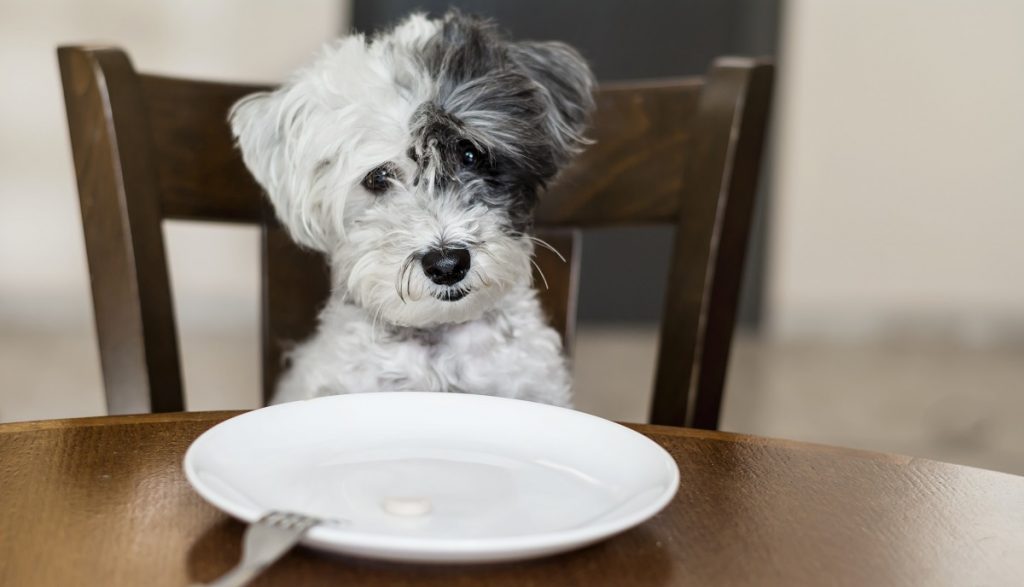Disclaimer: This website provides health information for educational purposes only and is not a substitute for professional medical advice, diagnosis, or treatment. Always seek the guidance of a qualified healthcare provider with any questions you may have.
Grain- and potato-free dog foods are commercially available nationwide, but what are they? And are they good for your pet? Dog owners have been raving about “specialty foods” nowadays, thinking that these products are a “more natural and healthy” option for their canine companions.
FACT: Grain-Free Does Not Necessarily Mean Carb-Free
Many dog owners would say that they want to put their pets on a low-carb diet, so they are choosing grain- and potato-free foods. While there are pet foods that have lower carbs, such as those with “high-protein” labels, some products contain just as many carbs as what you find in regular dog foods. Opting for grain- and potato-free dog food means replacing grains with healthier ingredients such as peas, apples, and carrots, which are alternate sources of carbohydrates.
FACT: The Right Dog Food Provides a Balanced Nutritional Content
Pet owners have to make sure that their dogs are getting all the nutrients and minerals that they need. A quality grain- and potato-free diet contains balanced nutrients. If you are switching your dog’s diet to grain- and potato-free, make sure that the food provides the necessary amount of calories for your pet’s activity level. Ideal dog food also contains antioxidants and prebiotics for digestive health and nutrient absorption.
Look for formulas without meat by-products, preservatives, as well as artificial colors and flavors. The importance of providing your dog with high-quality food and considering his or her special dietary needs cannot be stressed enough. Giving your pet the appropriate food may sound simple, but it also means more years added to his or her life.
MYTH: Grain- and Potato-Free Food Cures Your Dog’s Allergy
Symptoms of food allergy in dogs include diarrhea, vomiting, itchiness, inflamed skin, as well as swelling of the face, ears, lips, eyelids, or earflaps. If you suspect that your dog is allergic to a certain food, consult your vet as soon as possible. He or she should be able to help you identify which ingredient causes your dog’s allergy through a series of test.
MYTH: A Grain- and Potato-Free Diet Works for All Dogs
No one kind of dog food is suitable to all breeds and sizes. Different dogs have various nutritional needs, and switching your dog’s food from one to another is a serious matter. Changing your pet’s diet may affect his or her overall well-being, so always consult your vet first.
Canine companions may need a certain amount of carbohydrates in their diet to stay healthy, so work with your vet when choosing the best grain- and potato-free food for your dog. Also take note that when you are changing your pet’s diet, it should be done gradually. It may take a couple of days before dogs get accustomed to their new food.
